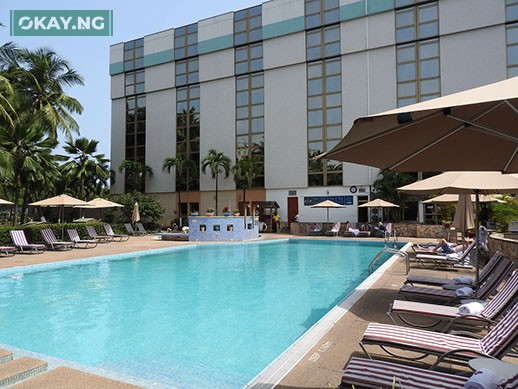Nigeria’s hotel development pipeline has experienced a significant shift, dropping to third place in Africa’s 2025 rankings, according to a recent report by W Hospitality Group. This Lagos-based firm, specializing in Africa’s hotel, tourism, and leisure industries, revealed that Nigeria now has 48 planned projects, totaling 7,320 rooms. This marks a notable change from its previous second-place position, as Morocco has surged ahead with 13 hotel deals signed in 2024, more than double Nigeria’s five.
“Egypt dominates the African pipeline every year,” the W Hospitality Group report stated, “with 32.5 per cent of the total rooms this year, up from 28 per cent last year, and four times the number of rooms in second-placed Morocco. Nigeria changed places with Morocco, coming in at third place, with only five deals signed in the former last year, and 13 in the latter.”
The 17th edition of the “Hotel Chain Development Pipelines in Africa 2025” survey, which tracked data from 50 international and regional hotel chains, indicates a record total of 577 hotels and resorts planned across Africa, representing 104,444 rooms. This marks a 13.3% increase over 2024, significantly outpacing global pipeline growth trends.
A Deeper Dive into Nigeria’s Hotel Development Pipeline
Of Nigeria’s 48 planned projects, 61% (4,468 rooms) are in the pre-construction phase, while 39% (2,852 rooms) are under construction. Despite the overall drop in rankings, Lagos remains a key hotspot, particularly for Marriott International, which has eight hotels and 1,228 rooms in the pipeline. “Marriott’s strong local presence, including a development executive based in the region, has been a crucial factor in sustaining momentum,” the report highlights. Accor follows with five hotels, while Radisson Hotel Group and Wyndham Hotels & Resorts each have three projects. Hilton has two.
However, Abuja, the country’s political and administrative capital, is facing significant delays. Of the 14 pipeline projects in the city, nine are still in the pre-planning phase, and the rest are progressing slowly, making it unlikely that any will open in 2025.
Challenges in Actualization
Actualizing pipeline deals remains a significant challenge across Africa. Even Egypt, the leader in the pipeline, opened just three of its 12 scheduled hotels for 2024—an actualization rate of 25%. In contrast, Morocco achieved 50%, opening 10 of its 20 scheduled hotels.
In total, 59 chain hotels, adding approximately 9,500 rooms, opened across Africa in 2024, signaling a recovery from pandemic-era slowdowns. Projections for 2025 suggest 155 hotel openings, with half of the pipeline expected to be operational by the end of 2026.
“Africa’s hospitality sector continues to attract strong investor interest,” the report noted, with 125 new deals signed in 2024, adding 21,000 rooms to the pipeline.
Analysis and Implications
The shift in Nigeria’s ranking underscores the dynamic nature of Africa’s hotel development landscape. While Nigeria remains a significant player, the surge in Morocco’s hotel deals highlights the importance of strategic investment and efficient project execution. The challenges in Abuja’s development pipeline also point to potential bottlenecks in the country’s overall progress.
For investors and industry stakeholders, understanding these trends is crucial for making informed decisions. The data from W Hospitality Group provides valuable insights into the regional dynamics and potential opportunities within Africa’s burgeoning hospitality sector.












